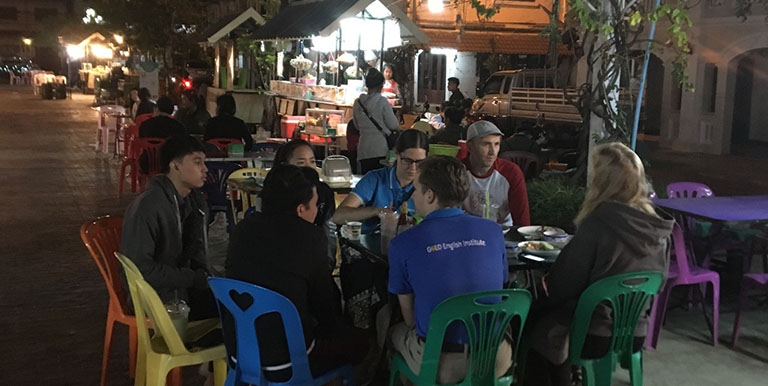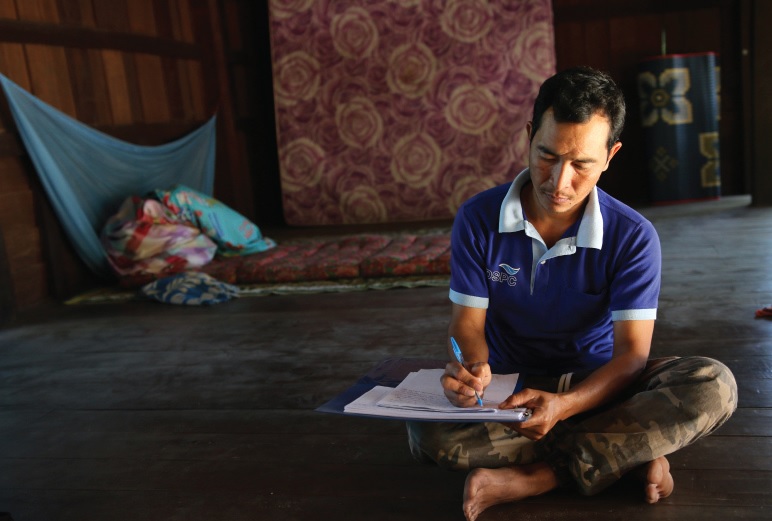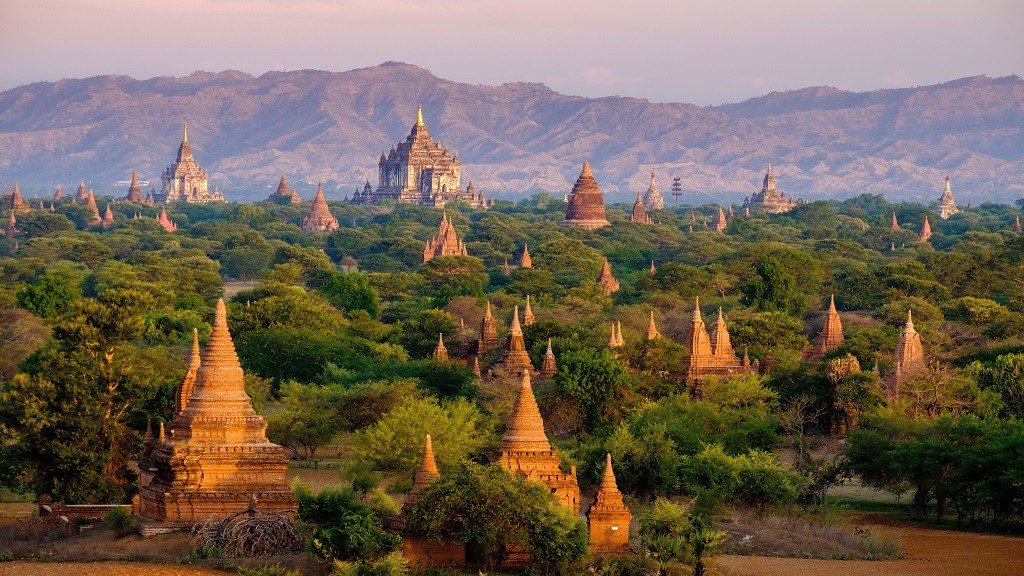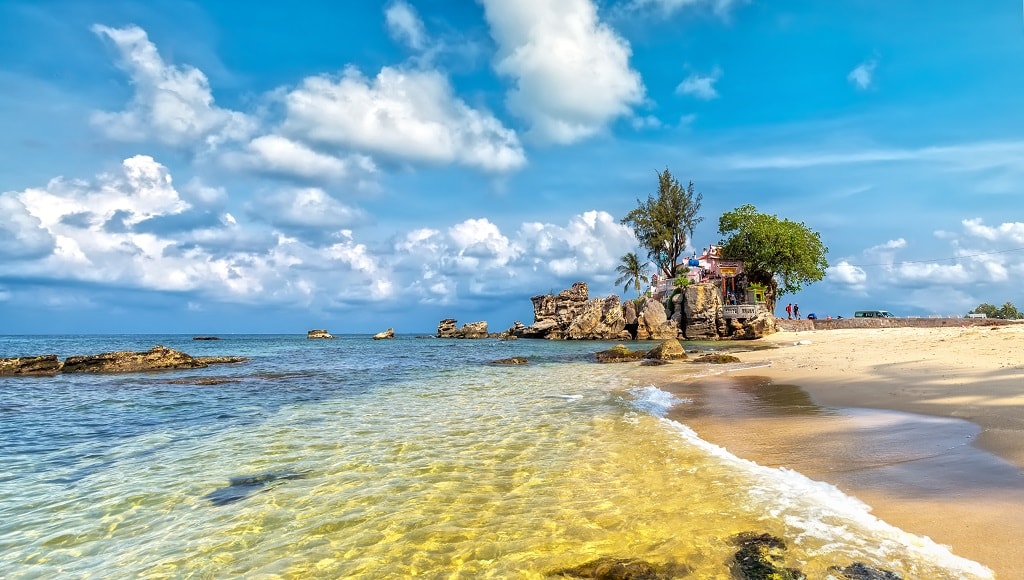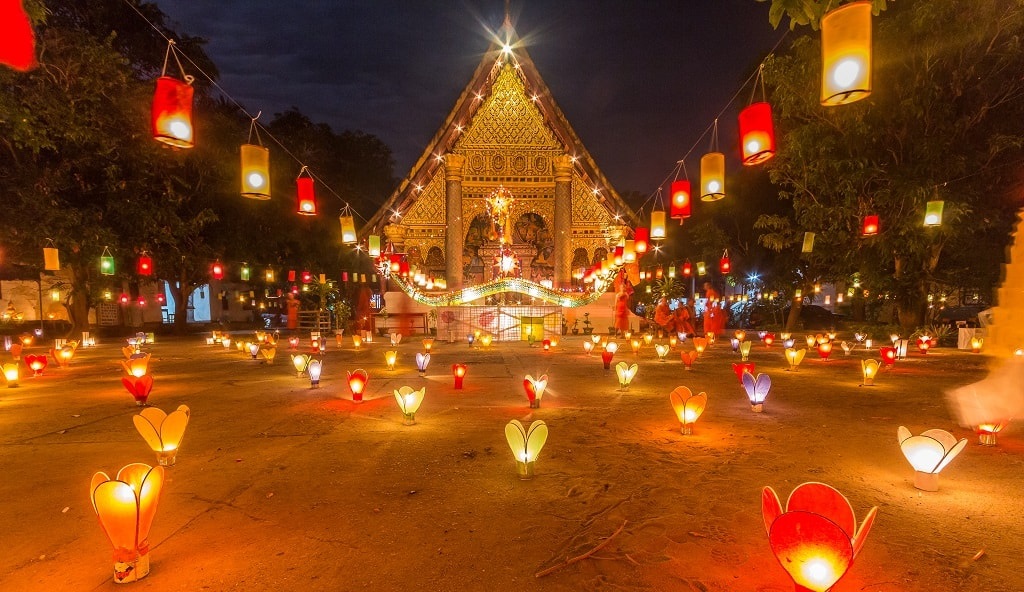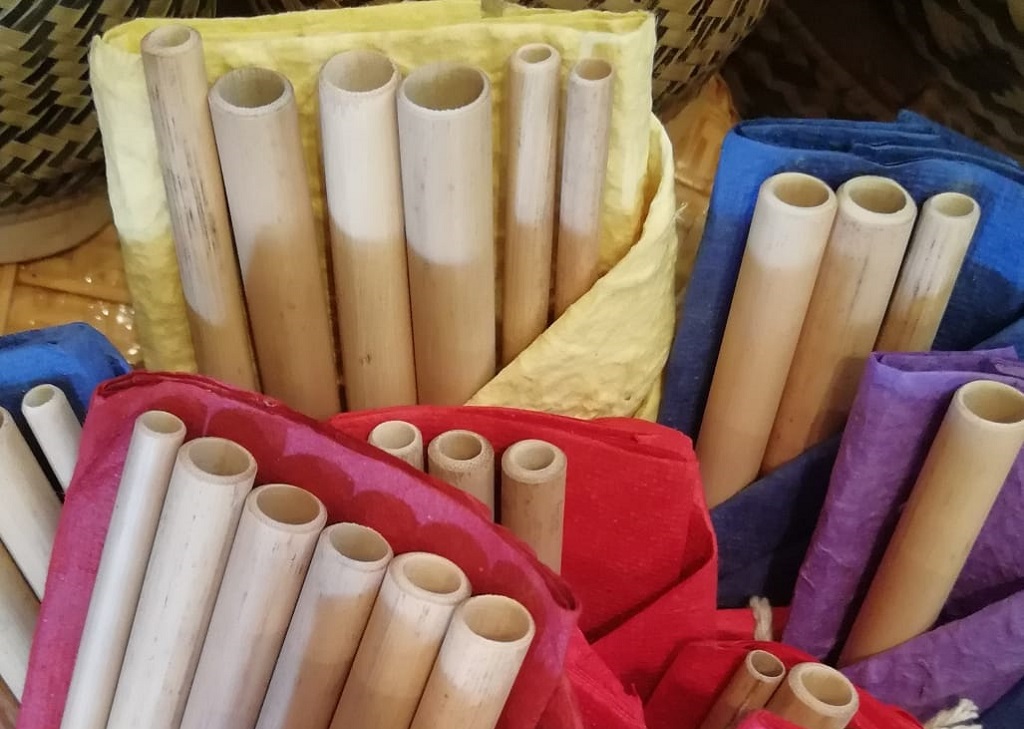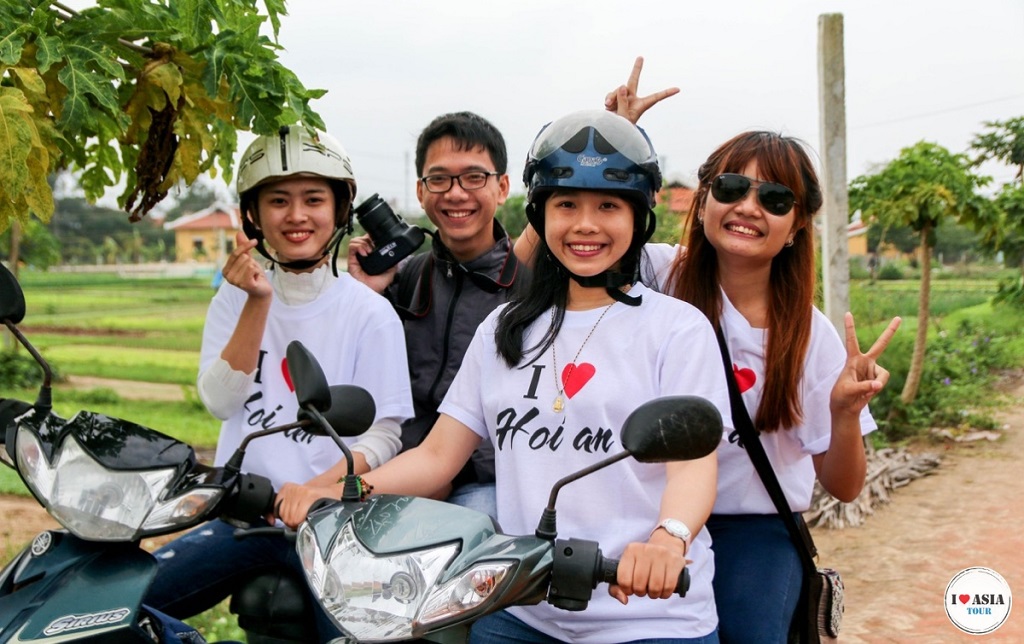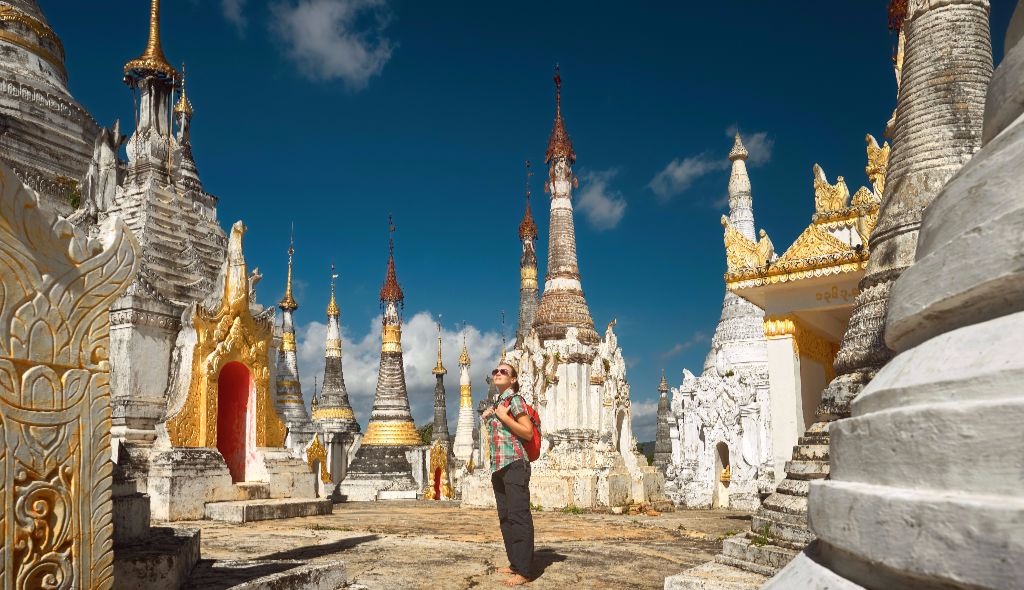
Phnom Penh skyline reflecting the city's rapid growth. The Central Market, built in 1937, is seen in the foreground. Photo by Lor Teng Huy - own work, CC BY-SA 4.0
GMS Ministers to Gather in Phnom Penh for the 23rd GMS Ministerial Conference
The Ministers of the six member countries of the Greater Mekong Subregion (GMS) are set to lay the groundwork for the preparation for the 7th GMS Summit of Leaders.
Hosted by the Royal Government of Cambodia and the Asian Development Bank (ADB), the 23rd GMS Ministerial Conference (MC-23) will take place in Phnom Penh on 18 November 2019, with the theme "Greater Integration, Inclusivity and Sustainability in the GMS.”


